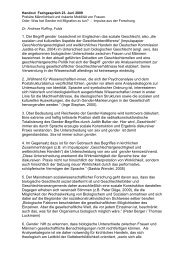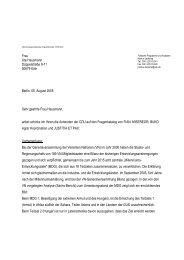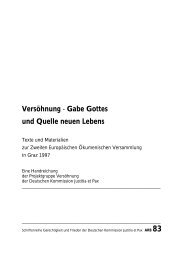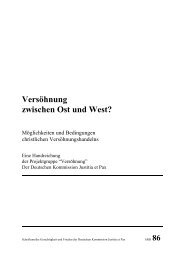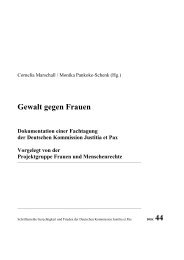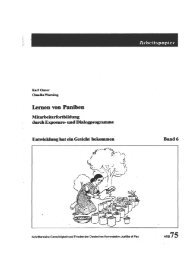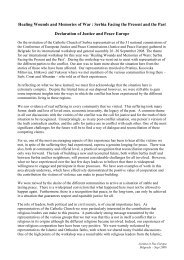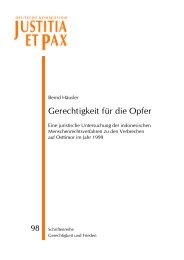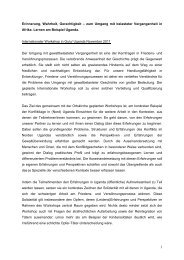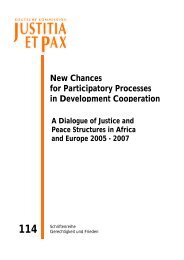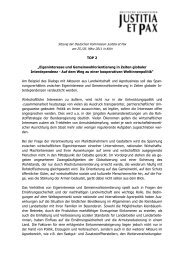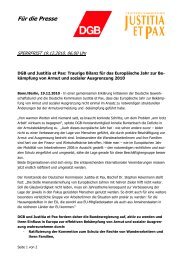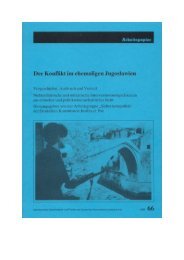Fr Joseph Ellul OP - Justitia et Pax
Fr Joseph Ellul OP - Justitia et Pax
Fr Joseph Ellul OP - Justitia et Pax
You also want an ePaper? Increase the reach of your titles
YUMPU automatically turns print PDFs into web optimized ePapers that Google loves.
This state of affairs is being aggravated by the continuous and persistent<br />
application on the part of the secular media (especially by so-called ‘religious affairs<br />
correspondents’) of ideological terms to religion, any religion. Terms such as<br />
“conservative”, “liberal”, “hardline”, “progressive”, “radical”, and “moderate” make no<br />
sense in religion, where God is supposed to lie at the centre of any discourse.<br />
Citizenship and belief<br />
Modern European soci<strong>et</strong>ies face the phenomenon of populations whose roots<br />
are culturally and religiously diverse. Here one needs to be reminded that the<br />
modern democratic nation is also based on the notion that there is a public domain in<br />
which a multiplicity of communities with different traditions (including religious ones)<br />
can join in that collective enterprise which is called citizenship.<br />
In many European countries we are witnessing larger soci<strong>et</strong>ies disintegrate<br />
into religiously, culturally or <strong>et</strong>hnically defined identities. The more plural and multireligious<br />
a soci<strong>et</strong>y we become, the more we need to reflect upon what holds us<br />
tog<strong>et</strong>her. In the words of Sir Jonathan Sacks, “we each have to be bilingual.” 18<br />
Following his line of thinking “there is a first and public language of citizenship which<br />
we have to learn if we are to live tog<strong>et</strong>her”. Then “there is a vari<strong>et</strong>y of second<br />
languages which connect us to our local framework of relationships: to family and<br />
group and the traditions that underlie them. If we are to achieve integration without<br />
assimilation, it is of the utmost importance that each language be given its due.” 19<br />
Our second languages are cultivated in the context of families, which are the first<br />
educators as well as our intermediaries b<strong>et</strong>ween the individual and the state. They<br />
are where we acquire and learn our identities, where we develop a sense of<br />
belonging and obligation. Pluralism must not be reduced to neutrality. 20<br />
We would, however, be ill-advised to ignore our belonging to the wider<br />
community brought into existence by citizenship. Recent events in various European<br />
countries have proven that such a stand creates sectarian leadership, the politics of<br />
protest, single issue lobbies, and frequently, acts of violence. Keeping alive the<br />
18 Jonathan Sacks, The Persistence of Faith: Religion, Morality and Soci<strong>et</strong>y in a Secular Age,<br />
Weidenfeld and Nicolson, London 1991, p. 66f.<br />
19 Ibid.<br />
20 Ibid.<br />
10 | P a g e



